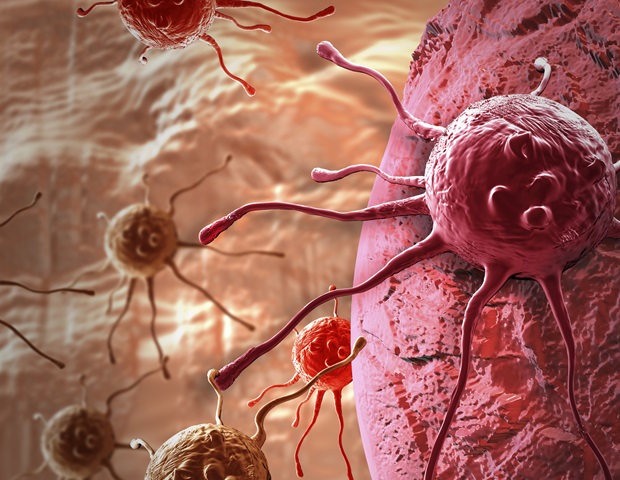Cancer therapy is increasingly challenging, yet it presents more opportunities as our understanding of tumor biology and scientific advancements improve. The analysis of diverse data plays a crucial role in tailoring personalized treatments for patients. Researchers at Charité-Universitätsmedizin Berlin and Humboldt-Universität zu Berlin are exploring the potential of generative artificial intelligence tools like ChatGPT to aid in this process, particularly in uncovering novel care options.
The development of a lesion occurs when tissues undergo uncontrolled growth due to the body’s inability to rectify certain genetic mutations independently. This imbalance often arises from changes in oncogenes, which have the potential to initiate cancer. Precision oncology, a specialized branch of personalized medicine, targets and eliminates hyperactive oncogenes using treatments like low-molecular weight inhibitors and antibodies.
The initial step in identifying therapeutic targets involves analyzing the biological composition of tumor tissue to pinpoint genetic abnormalities. The molecular tumor board (MTB) at Charité plays a pivotal role in recommending treatments based on the collaborative expertise of professionals from various medical disciplines. This multidisciplinary approach ensures that the most promising treatments are suggested, drawing from the latest research findings.
A recent study published in the journal JAMA Network Open examined the utility of large language models like ChatGPT in rapidly scanning scientific literature to propose personalized treatments. While artificial intelligence models can potentially identify tailored treatment options, they currently fall short of the expertise offered by human specialists.
Dr. Manuela Benary, Prof. Ulf Leser, Xing David Wang, and Drs. Damian Rieke from Charité and Humboldt-Universität zu Berlin, alongside their research team, investigated the capabilities and limitations of AI models in recommending personalized treatments. Although AI demonstrated some effective treatment options in specific cases, it still lags behind human experts. The continuous improvement of AI models suggests promising applications in future diagnostic and treatment processes.
Prof. Felix Balzer, the Director of the Institute of Medical Informatics at Charité, envisions AI as a valuable tool in enhancing patient care. As the Chief Medical Information Officer (CMIO), he oversees the digital transformation of patient care, emphasizing the integration of robotics and AI to improve healthcare outcomes. Various initiatives at Charité, such as the development of AI models to prevent falls in long-term care and the validation of AI and robotics in medical devices, reflect the institution’s commitment to leveraging technology for advancements in healthcare.






